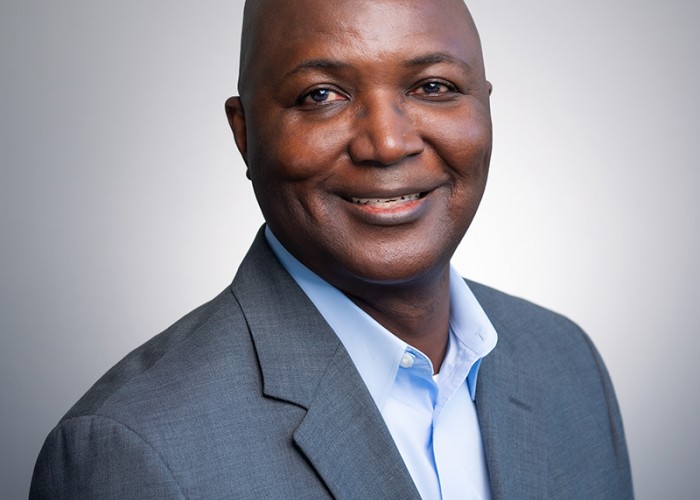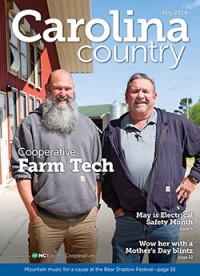Safeguarding Reliable Power
Transitioning to reliable, affordable and sustainable energy will take national coordination
By Susan FlytheIn May, two national power grid watchdogs issued stark warnings about the reliability of our nation’s power grid.
First, a commissioner with the Federal Energy Regulatory Commission, which provides grid oversight, warned at a Congressional hearing: “I think the United States is heading for a very catastrophic situation in terms of reliability.”
Within weeks, the North American Electric Reliability Corporation, which coordinates with utilities to ensure reliability across the grid, issued warnings for U.S. electric utilities to prepare for extreme heat this summer — and an elevated risk of blackouts — as well as severely cold winter weather into 2024.
Balance these warnings with headlines about record amounts of renewable generation coming online, and many might be confused: With all these new generation resources becoming available, why is reliability now such an issue?
“The scale and pace of change to how we generate and transmit power cannot come at the cost of reliable access to it.”
In recent years, many plants powered by fossil fuels have been retired. This type of generation is easily dispatchable, meaning it can be reliably switched on to provide a steady source of power when needed. Reliability becomes a concern as these sources of dispatchable generation are replaced with more intermittent sources, like wind and solar, which are not dispatchable as needed when demand is high.
What’s more, the existing network of transmission power lines cannot support widespread growth in renewable energy, which is typically located in areas that are productive for the renewable plants (like wind and solar), but far from where the electricity is used. Siting and building new transmission lines to support new renewable energy is a complex process with regulatory and stakeholder hurdles that have become a roadblock to deployment.
This pattern leads to the reliability warnings we’re seeing more of lately. While renewable energy can be effectively utilized, the scale and pace of change to how we generate and transmit power cannot come at the cost of reliable access to it.
Transitioning to an energy future that supports reliability, affordability and sustainability will take national coordination among federal regulators and electric utilities to:
- Invest in new infrastructure, including transmission to move power generated from renewables to population centers;
- Better manage the retirement of dispatchable sources, taking control of the pace to ensure new, reliable generation is at the ready when older dispatchable sources go away; and
- Better coordinate resources across the grid as they become more diverse and decentralized.
Electric co-ops are doing many of these things right here in North Carolina, using new and existing resources to uphold reliability while pursuing a goal of net-zero carbon dioxide emissions by 2050. NC electric cooperatives utilize a diverse array of power sources, including nuclear power and peaking natural gas units, renewable sources of generation, and other distributed sources of generation coordinated through a central operator (“A Brighter Future Through Grid Management”).
But it will take a national effort to safeguard access to power across our country’s interconnected grid. The nation’s power grid has been described as the largest, most complicated machine built, and producing and moving electricity is consistently ranked as humanity’s greatest invention. Regulators, policymakers and utilities must band together to ensure care as we guide this marvelous resource into a new era.
About the Author
Susan Flythe is executive vice president and general manager at Cape Hatteras Electric Cooperative in Buxton. She currently serves as president of the North Carolina Electric Membership Corporation.-
More viewpoints
-
Share this story:






